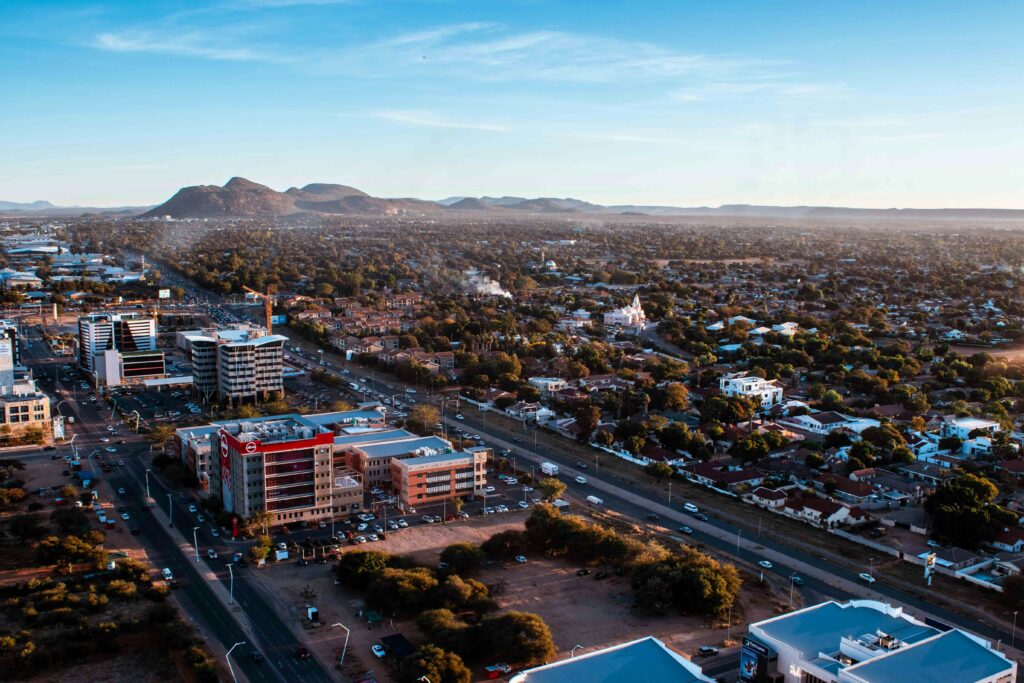Gaborone, August 29, 2025 — Botswana’s President Duma Boko has declared a nationwide public health emergency following a critical shortage of essential medicines and medical supplies across the country’s hospitals and clinics.
The declaration, made on August 25, comes after weeks of mounting warnings from the Ministry of Health that supplies of vital drugs — including those used to treat hypertension, diabetes, cancer, tuberculosis, and mental health conditions — were nearly exhausted. The crisis has already forced the suspension of non‑urgent surgeries and left thousands of patients struggling without consistent access to treatment.
Causes of the Shortage
According to officials, the crisis stems from a collapse in the procurement and distribution system managed by the Central Medical Stores. The government revealed that the agency had been purchasing drugs at prices between five and ten times higher than market value, leaving public coffers strained. The problem has been compounded by a downturn in Botswana’s diamond revenues — the backbone of the national economy — and by significant cuts in U.S. health aid, particularly for HIV programs.
President Boko condemned the systemic failures, highlighting cases where inflated tenders quoted more than 700 million pula for a year’s supply of medicines, while emergency taskforce quotations came in at under 80 million pula.
Emergency Measures
To address the crisis, the government has allocated an emergency fund of 250 million pula (approximately USD 17 million). The military has been tasked with overseeing the urgent distribution of medicines to ensure efficient and equitable delivery to affected communities.
“This is not just a supply chain issue; it is a humanitarian emergency,” President Boko said in his address. “We cannot allow our citizens to die because of corruption, inefficiency, and negligence.”
Wider Implications
The shortages threaten to exacerbate existing health challenges in Botswana, which has long struggled with high rates of HIV and other chronic illnesses. Health experts warn that the interruption of essential treatments could lead to a surge in preventable deaths and long-term complications.
As the government scrambles to stabilize the situation, international partners and aid organizations are being urged to step in with emergency support. Meanwhile, the Ministry of Health has vowed to overhaul the procurement system to prevent similar crises in the future.
Botswana’s health emergency underscores the fragility of healthcare systems heavily reliant on centralized procurement and vulnerable to both economic fluctuations and governance failures.

